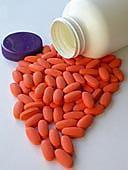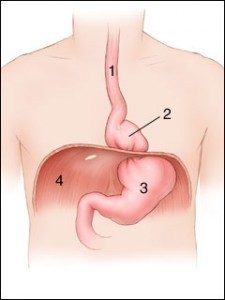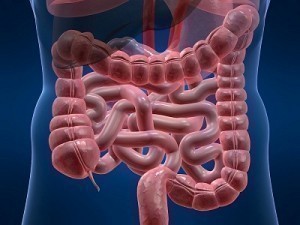What Causes a High Creatine Level?
What is Creatine
Creatine is a nitrogenous organic acid (amino acid) that occurs naturally in vertebrates. It is produced by the liver and kidneys and used as an energy source by muscles and other organs. In humans and animals, approximately half of stored creatine originates naturally through eating certain meats, poultry and fish.
Creatine is a very important compound that is naturally produced by our bodies because it performs the function of allowing our muscles to contract. However, this is not the only function that Creatine can perform in our bodies, as there are also other uses for them, which include using the Creatine levels in our bodies to diagnose any abnormalities in our bodies. One example of this is on how kidney function can be determined by getting the Creatine levels that is present in the blood. This is because given the fact that Creatine is excreted entirely by the kidney, any abnormalities in the level of Creatine levels in the blood could mean an abnormality in the kidneys. In doing the test, there are a number of issues that people should be aware of, like the preparations they need to do and the precautions they should look out for, so that they would get accurate results.
 Causes of High Creatine Levels
Causes of High Creatine Levels
Only creatine supplements can produce high creatine levels in the body. High creatine levels have been shown to improve sports performance when bursts of energy are required. The makers of creatine supplements claim that high creatine levels fuel skeletal muscles. The dietary supplement is used in sports such as weightlifting, running, wrestling and hockey. It is usually taken as a pill or powder that can be mixed with sports drinks.
Creatine is needed daily to support muscle activity. It is primarily stored in skeletal muscle, providing the phosphate group necessary to regenerate ATP from ADP. Creatine kinase (CK) is one of the primary enzymes for regulating anaerobic metabolism. It is also found in the skeletal muscle and is a common assessment test for muscular damage. One of the waste products of creatine — creatinine, is the breakdown of this important part of the muscle. It can be detected by a serum creatinine tests which measures the amount of creatinine in the blood.
An abnormally high level of creatinine in the blood indicates a problem with kidney function. Since the kidney is one of the body’s filters, not enough creatinine means waste products are being excreted in the urine and more ends up in the bloodstream.
Another side effect of high creatine levels is anterior compartment pressure. This appears as tightness in the calf or shin splint other noted side effects of high creatine levels include diarrhea and tears to the ligament.






